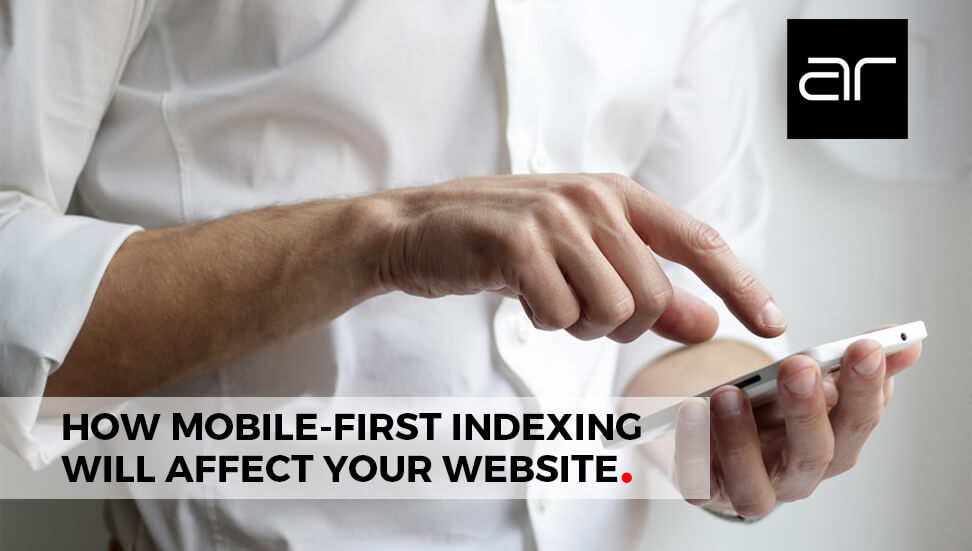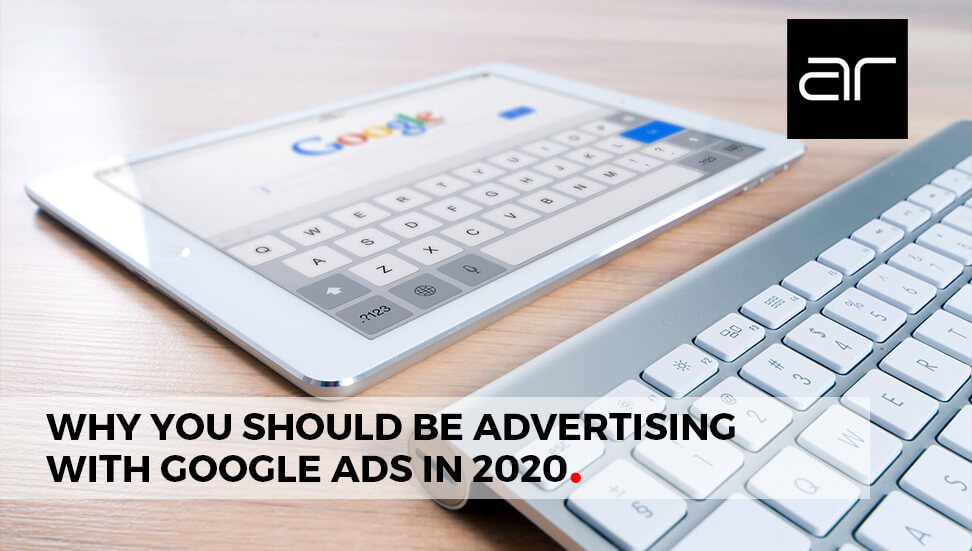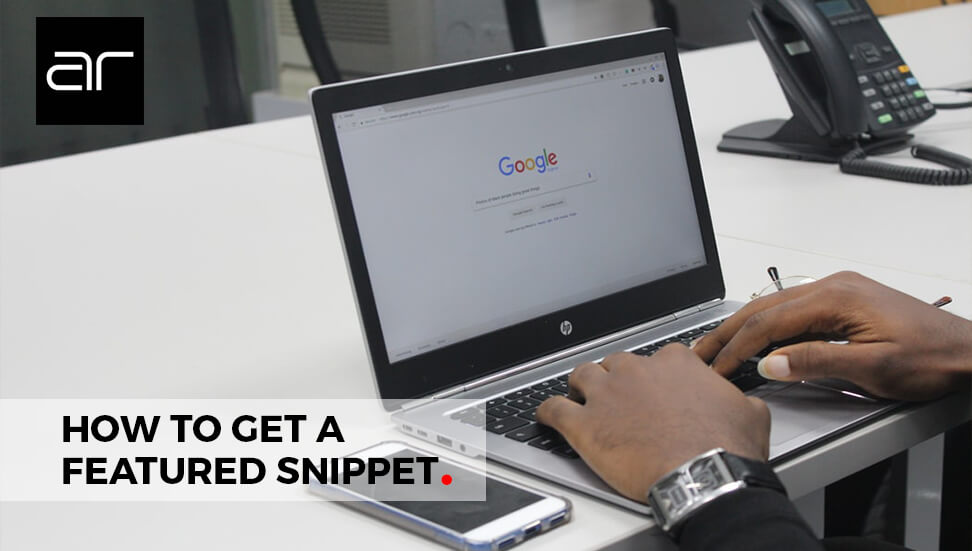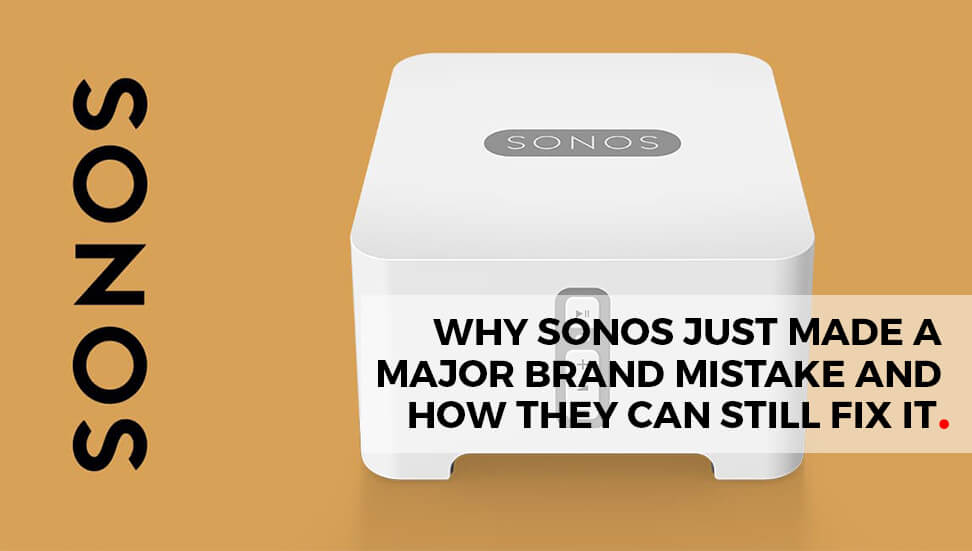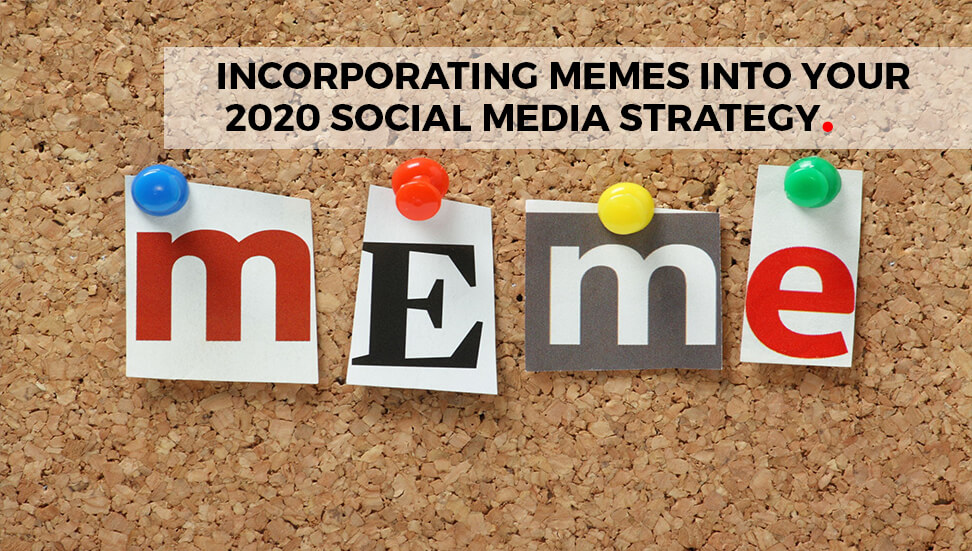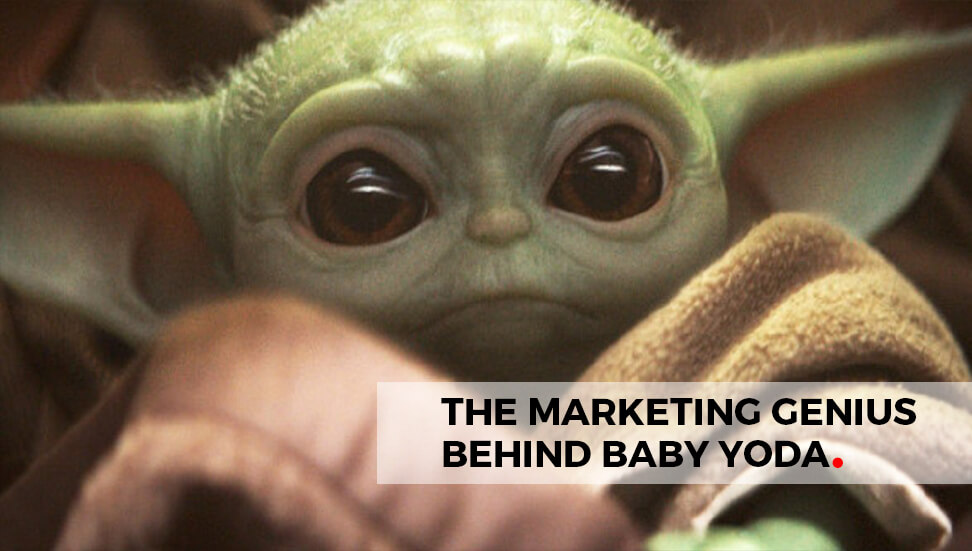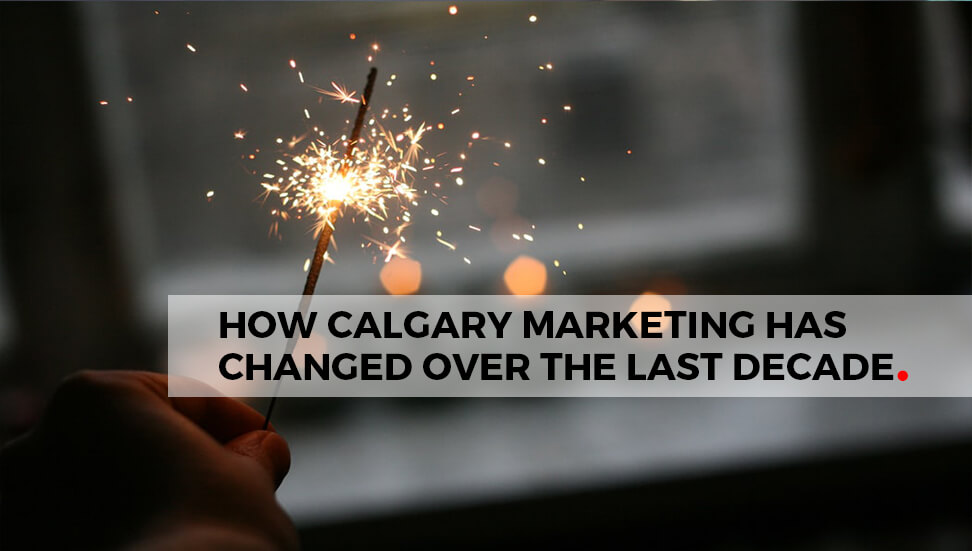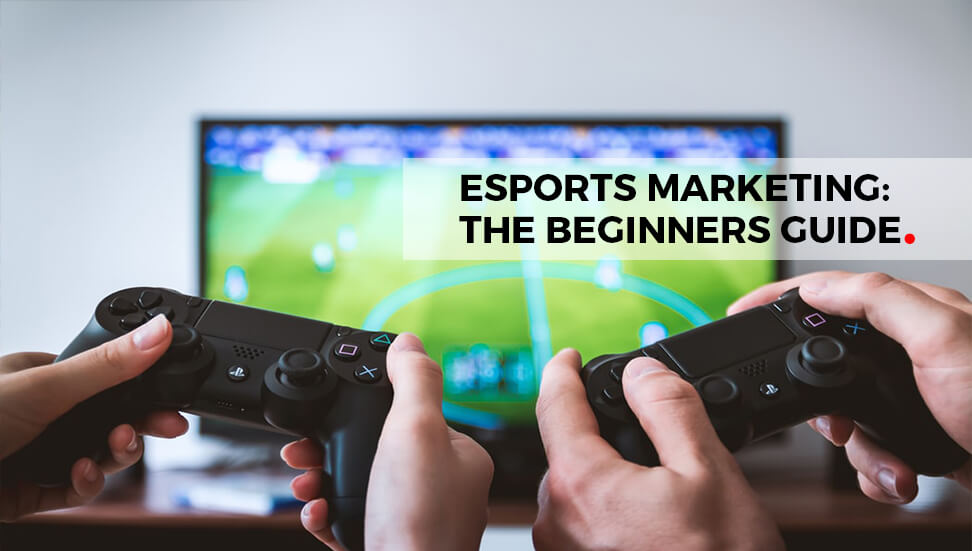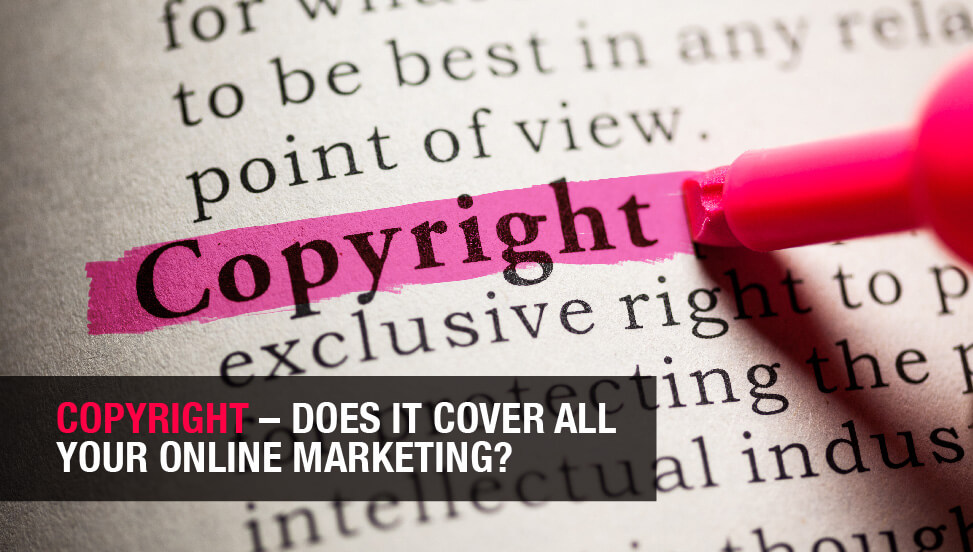You have all been in the situation, right? You know the one? The one where you slog your guts out for months working on that perfect web page, image or copy, hit ‘send’ to upload it – and then wonder if anyone will try and steal it for their blog. After all, it’s your work – and you toiled hard to make it – but how can you protect yourself from it being used by others?
At this point we would like to point out that we are not a law firm. We are not authorities on copyright law or practise any other type of law – we are marketers, online marketers to be exact, and it’s something that we are concerned about because we make excellent graphic design and web design for our customers to benefit from and not anyone else. It’s commercially upsetting to see your work posted by others that have no right to it, and it’s hard to stop them.
The Problem
The absolute marketing powerhouse at the moment is web design but it doesn’t stay on the page. Social media is such an integral part of online marketing that images created and other mixed media incorporated into the web design can be used elsewhere on the web. This puts all your images out in ‘the public domain’ and makes them accessible to anyone with an internet connection.
Once the material is in the public domain it is very hard to keep a track of where it ends up. It’s like trying to grab a hold of three pounds of maple syrup at once and not lose any. It goes where it wants – no matter how hard you try. It is wise to try and do the best you can to protect your investment, so take a little time to research what is the best way for you to avoid any nasty mistakes when you next whip up a gut busting marketing campaign.
The Law
You would have thought that there was one law that encompassed all copyright – wrong! Copyright is … complicated! Then there’s intellectual law. Not forgetting patent, the trademark or what is legal plagiarism.
The dictionary states:
Copyright– the exclusive right to make copies, license, and otherwise exploit a literary, musical, or artistic work, whether printed, audio, video, etc.: works granted such right by law on or after January 1, 1978, are protected for the lifetime of the author or creator and for a period of 50 years after his or her death.
Intellectual Property – property that results from original creative thought, as patents, copyright material, and trademarks.
Okay, that’s the book definition, but what does it all mean?
According to Wiki Answers,
Intellectual property (i.p.) rights refer to a collection of rights that includes copyright among other rights such as patents.
Many intellectual property rights overlap to some extent.
Copyright is a legal process. You have to have a legal right to a copyright (i.e. you created it) but only need to register it when it needs representing in court, but for intellectual property, you are covered for ideas and thoughts, not just produced works.
That may sound like you can sue the pants of anyone who even looks at your work to lust after it, but no, it doesn’t. The problem is – what is ‘the public domain’? As soon as it is released in the ‘public domain’ it becomes hard to prove that you didn’t want it shared, or placed it there to be shared. That’s where it all gets a bit messy.
For instance, take Pinterest.
Pinterest sent Law Blog this statement:
“The protection of copyrighted content is by no means unique to Pinterest — virtually every site on the web that allows users to express themselves contends with copyright complexities. As a company we care about respecting the rights of copyright holders and have outlined on our site best practices that people should abide by when adding pins to make them useful to themselves, the community, and the content owners.
Moreover, we strongly encourage people to pin from the original source or permalinks, give credit to the content owner, and include a thoughtful pin description. If a user notices that a pin is not sourced correctly they should leave a comment so that the original pinner can update the source. Many publishers have also added “Pin It” buttons to their site, making it easier to identify content that is okay to add to Pinterest.
Finally, content owners who do not want their material shared on Pinterest can add a small piece of Pinterest-provided code to their site that prevents Pinterest users from sharing that site’s content. We also strictly follow the Digital Millennium Copyright Act (DMCA) to ensure we are in compliance with all copyright laws and respond rapidly to infringement reports.”
It doesn’t really address any of the problems other than ‘try’ and pin from source and credit the source. It doesn’t say what will happen if the source you pin it from is not the original.
The Solution
The solution to all these problems is not an easy one. If you are in any doubt, the answer is – do not post it. Code it so it can’t be copied. It can be done, but not easily.
Make sure you watermark your original photos and images where it can’t be cropped out.
To avoid any infringement allegations, everything you use needs to be original or thoroughly credited.
We need to reiterate, we are not lawyers and this is only peer advice to other creators of web content via web design or online marketing. But you need to make sure you do all you can to cover yourself if you ever decide to pursue someone you feel has violated your copyright or intellectual property. It’s a harsh thing to think about, but it may mean the survival of your company is at stake.
If you do find a violation then approach the person in a friendly businesslike manner and the likelihood is you can sort it out between you. This is always the best approach as any other may cost you money – and the credibility of your company.
When you are designing your marketing, always keep one eye on protecting your work and things may be much easier for you in the long run. Watermark and stamp it properly – and you may find other people do the marketing for you!
Resources:
http://tech.co/so-what-is-the-difference-between-copyright-and-intellectual-property-2009-12
http://www.teachingcopyright.org/handout/copyright-faq
http://blogs.wsj.com/law/2012/03/13/dont-get-stuck-by-pinterest-lawyers-warn/


